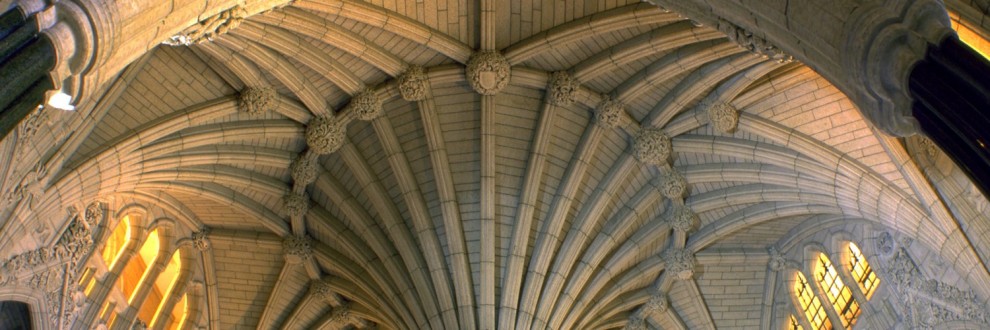What I try to offer in this blog is a political scientific perspective on current political events… but every so often I am given to invective. This is one of those times. The catalyst for my rant is Jeffrey Simpson’s column in the Globe (http://goo.gl/qPN511). (Gawd, Simpson’s game has really declined these past 10 years.) Simpson asks “How many changes to and assaults on democratic institutions and practices under the Harper Conservatives might outlive their time in office?”
My problem with this (loaded) question is that it implies that the “assault on [Canada’s] democratic institutions and practices” began with Harper. It did not – and Simpson as a columnist who has actually read (and written) some Canadian political history – damned well knows that. Simpson tut-tuts about Harper’s cynical reliance on omnibus bills that undercut parliamentary scrutiny. Well, a neat paper by Louis Massicotte in the Canadian Parliamentary Review (http://www.revparl.ca/36/1/36n1_13e_Massicotte.pdf) tells us that the first omnibus bills introduced in the House of Commons were introduced by…. Pierre Eliott Trudeau.
As to the demise of parliamentary scrutiny, well, that went the way of the dodo bird when in 1968 the House stopped debating the financial resolution, i.e., stopped going through the estimates line by line (http://goo.gl/9whtep). The House (to quote the commentary on the SOs) found this detailed analysis of the budget to be ““time‑consuming, repetitive and archaic” (http://goo.gl/8ZiKIg). I read a column a few months back that decried the fact that nobody in Parliament nowadays really knows what the government spends where and how, including the government… can’t find the link tho.
OK, I am wandering a bit now, but my broad point is that virtually every low parliamentary trick the Conservatives have engaged in has a precedent in Canadian political history:
- Did you think that closing off debate on C-51 was high-handed? Well, remember CD Howe and the Pipeline debate?
- Were you outraged when Harper prorogued the House to prevent the Liberal-NDP coalition from displacing him? Well, John A. requested a prorogation from Dufferin to escape the fallout from the CPR scandal (which was, recall, about kickbacks to fund electioneering.)
- How cynical was it for Harper to ask for a dissolution in 2008 despite having introduced fixed-election date legislation? No more cynical than King’s request for a dissolution from Byng to try escape from the consequences of the Custom House scandal. (And, boy, if you think Harper is dislikeable, you should read Allan Levine’s 2012 bio of WLMK – King was a weird, self-righteous weasel! I mean, this was a PM who reputedly threatened to sack his housekeeper for giving a cup of tea to a homeless guy in the middle of an Ottawa winter night…)
- Upset about the Duffy affair… Certainly, tawdry, but no more so than a certain former PM’s relationship with a certain German-Canadian arms dealer.
- Picking unseemly fights with unelected officials? Hmmm… the Coyne Affair.
It would be all to easy to add a dozen more examples. Folks, Harper is not the origin of the decline of our democracy. Rather, it could be argued that he & his style of government are a consequence of a long series of “assaults on our democratic institutions.”
And to close my post on historical perspective, let me comment on Kathleen Wynn’s jab at Harper: “I’ve said that if Stephen Harper had been the Prime Minister instead of Sir John A. Macdonald and B.C. had said ‘well we need a railway,’ he would have said ‘well, you know, we’re not going to help you with that, build it yourself,“’ Wynne said (http://goo.gl/8ZiKIg).
The unintended historical irony in Wynn’s comment is that it pretty much sums up Edward Blake’s position on the CPR. And who was Edward Blake? The second leader of the Liberal Party of Canada.

 Follow
Follow